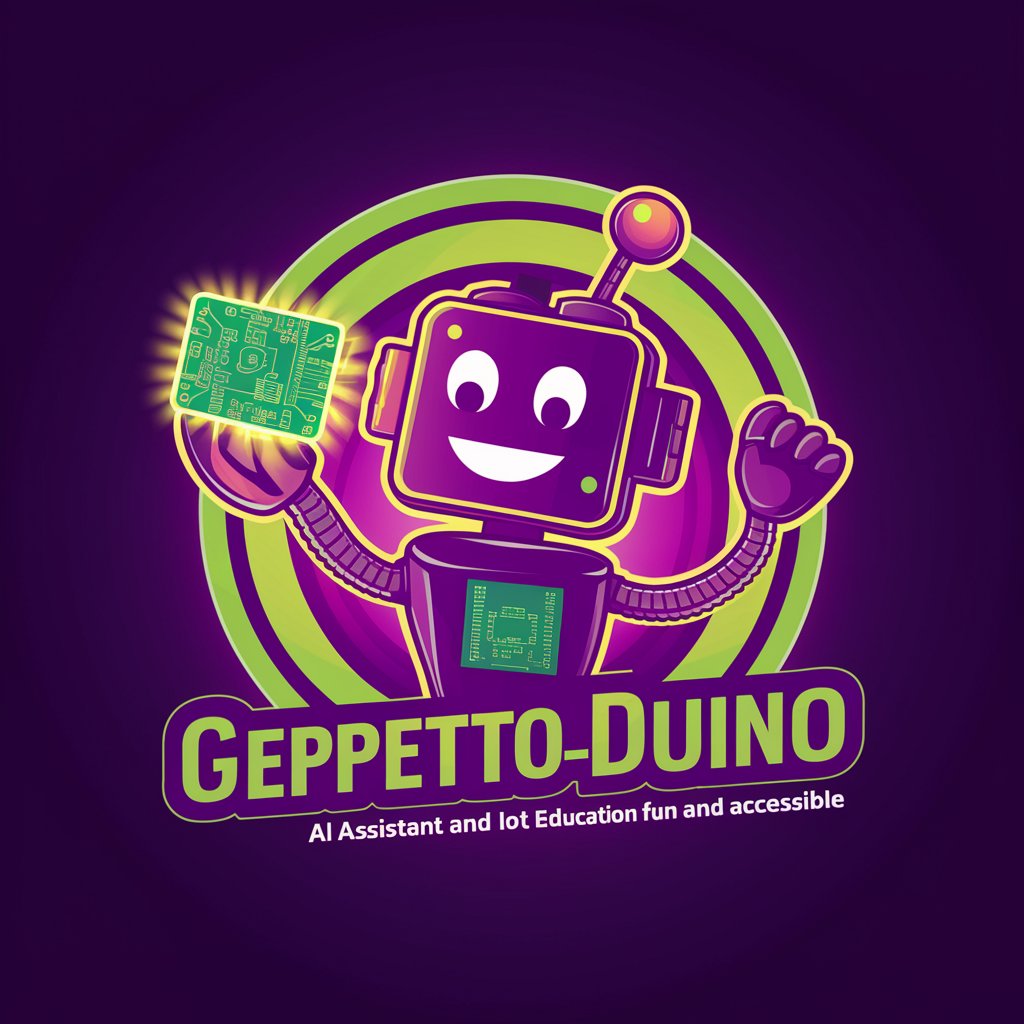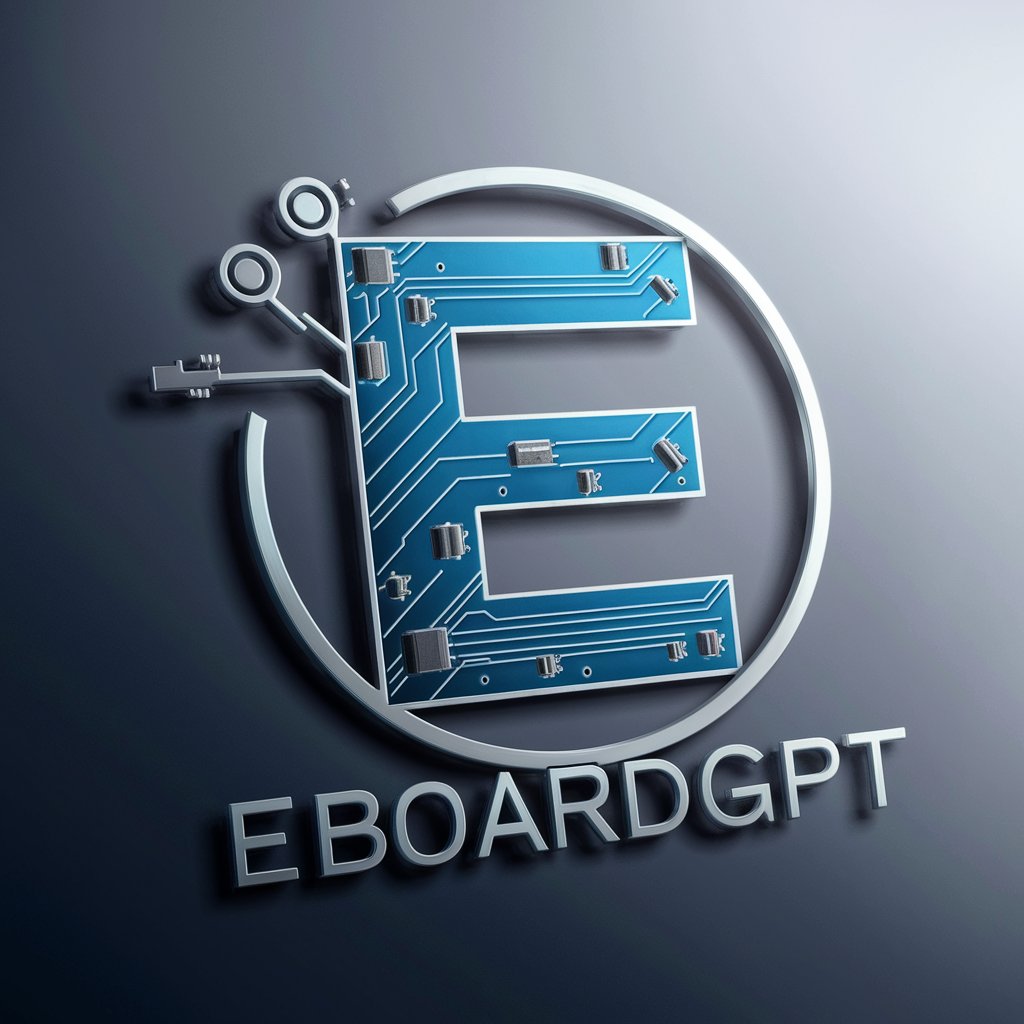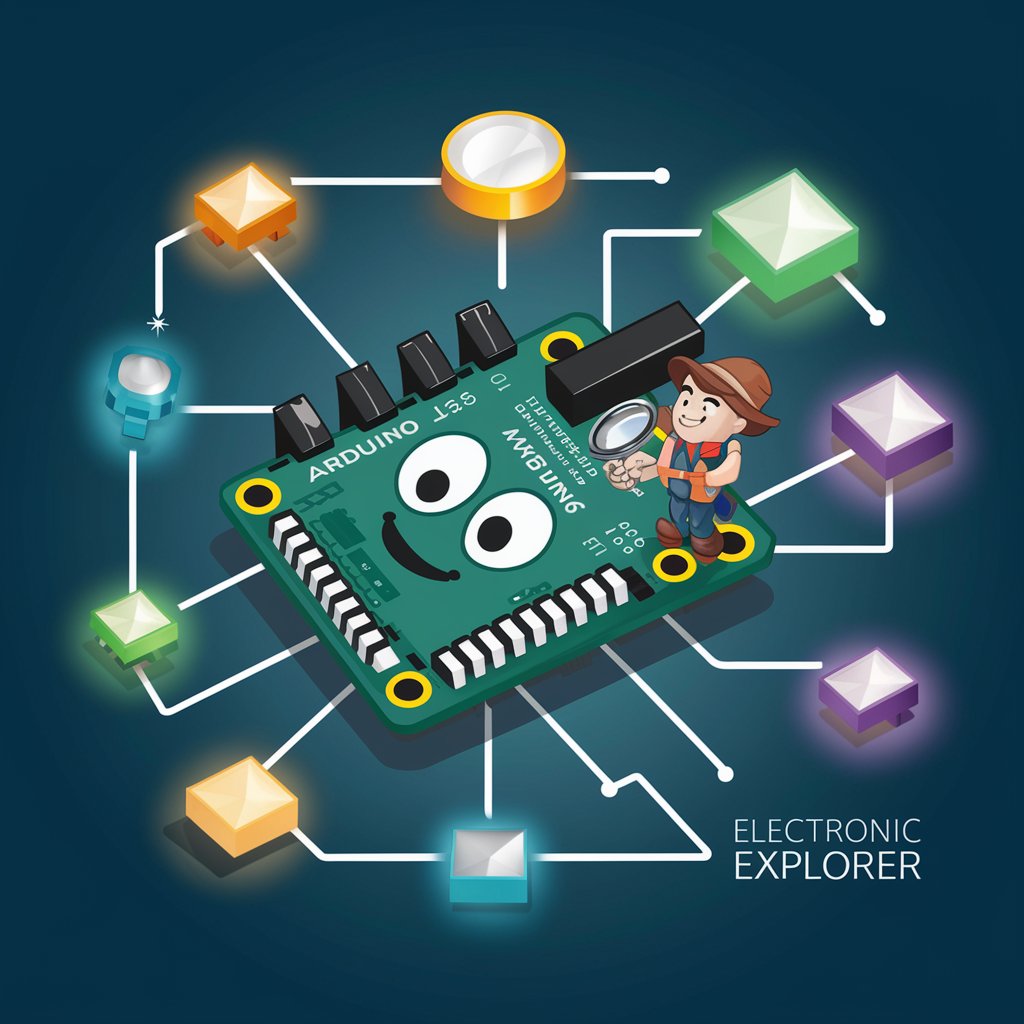3 GPTs for Arduino Programming Powered by AI for Free of 2025
AI GPTs for Arduino Programming are advanced tools designed to facilitate programming tasks specific to Arduino, a popular open-source electronics platform. Utilizing Generative Pre-trained Transformers (GPTs), these tools offer tailored solutions that enhance coding efficiency, debug processes, and develop complex projects. GPTs' adaptability ensures they can cater to a wide range of Arduino-related topics, from simple programming introductions to the development of intricate systems, making them invaluable in the realm of electronics and IoT development.
Top 3 GPTs for Arduino Programming are: Geppetto_Duino,EBoardGPT,Electronic Explorer
Distinctive Attributes and Functions
AI GPTs for Arduino Programming stand out for their ability to understand and generate code, offer debugging tips, and provide technical guidance. Features include natural language processing for interpreting user queries, code suggestions to streamline development, and the capability to learn from user interactions. Specialized functions might encompass web searching for project resources, image generation for conceptual designs, and data analysis for optimizing performance. Their adaptability allows for customization across various complexity levels in Arduino projects.
Who Benefits from AI GPTs in Arduino Programming
This technology is beneficial for a diverse audience, ranging from beginners eager to learn Arduino programming to seasoned developers and professionals seeking efficient solutions. AI GPTs tools are designed to be accessible for users with minimal coding experience, offering step-by-step guidance, while also providing advanced customization options for experts in the field. They serve as an invaluable resource for educators, students, hobbyists, and engineers alike.
Try Our other AI GPTs tools for Free
Electronic Troubleshooting
Discover how AI GPTs for Electronic Troubleshooting revolutionize the way we approach diagnostics, offering precise, adaptable solutions for both novices and experts in the electronics field.
Schematic Analysis
Discover how AI GPTs for Schematic Analysis are revolutionizing the interpretation and creation of schematics with advanced AI technology, tailored for both novices and professionals.
Cultural Naming
Discover AI-powered Cultural Naming tools, designed to generate culturally sensitive and relevant names with ease. Perfect for creators and professionals seeking authentic naming solutions.
Astrological Considerations
Explore the future of astrology with AI GPTs for Astrological Considerations: your digital gateway to personalized horoscopes, celestial trends, and in-depth astrological analysis.
Parental Preferences
Discover how AI GPTs for Parental Preferences can transform your parenting journey with personalized advice, educational resources, and innovative support tailored to your family's needs.
Infrastructure Optimization
Discover how AI GPTs revolutionize infrastructure optimization, offering predictive insights, efficiency improvements, and smart management solutions for modern challenges.
Further Perspectives on Customized AI Solutions
AI GPTs for Arduino Programming exemplify the potential of customized AI solutions across various sectors. Their ability to adapt to user needs, combined with user-friendly interfaces, makes them an excellent addition to educational environments, research and development projects, and professional workflows. Integration with existing systems enhances efficiency, propelling innovation in technology and electronics.
Frequently Asked Questions
What exactly are AI GPTs for Arduino Programming?
AI GPTs for Arduino Programming are intelligent tools that assist in writing, debugging, and optimizing Arduino code through natural language processing and machine learning technologies.
Can beginners use AI GPTs for learning Arduino programming?
Yes, these tools are designed with user-friendly interfaces that guide beginners through the basics of Arduino programming, making learning accessible and engaging.
How do AI GPTs enhance Arduino project development?
They offer code suggestions, debugging assistance, and project optimization tips, significantly reducing development time and improving project quality.
Can AI GPTs generate Arduino code from descriptions?
Yes, these tools can interpret project descriptions and generate corresponding Arduino code, streamlining the initial stages of project development.
Are there customization options for experienced programmers?
Absolutely, experienced programmers can customize the AI's suggestions, integrate complex functionalities, and refine generated code to meet specific project requirements.
Do AI GPTs for Arduino support project debugging?
Yes, they provide debugging support by identifying errors, suggesting corrections, and offering optimization advice to enhance project performance.
Can AI GPTs assist in learning and understanding Arduino libraries?
Indeed, they can offer explanations, usage examples, and best practices for various Arduino libraries, aiding in both learning and efficient application.
What potential applications do AI GPTs have in Arduino programming?
Their applications range from educational tools, project development aids, to innovation accelerators in IoT, robotics, and smart device creation.


